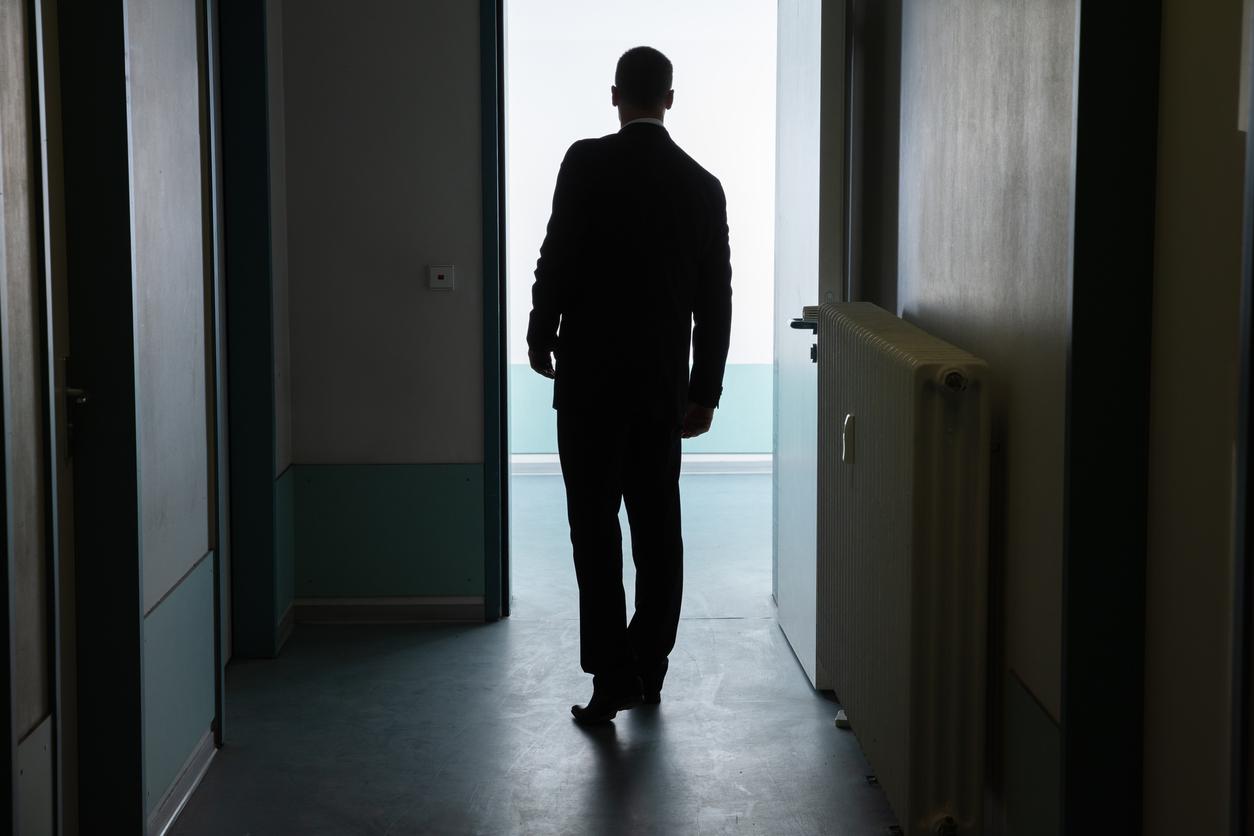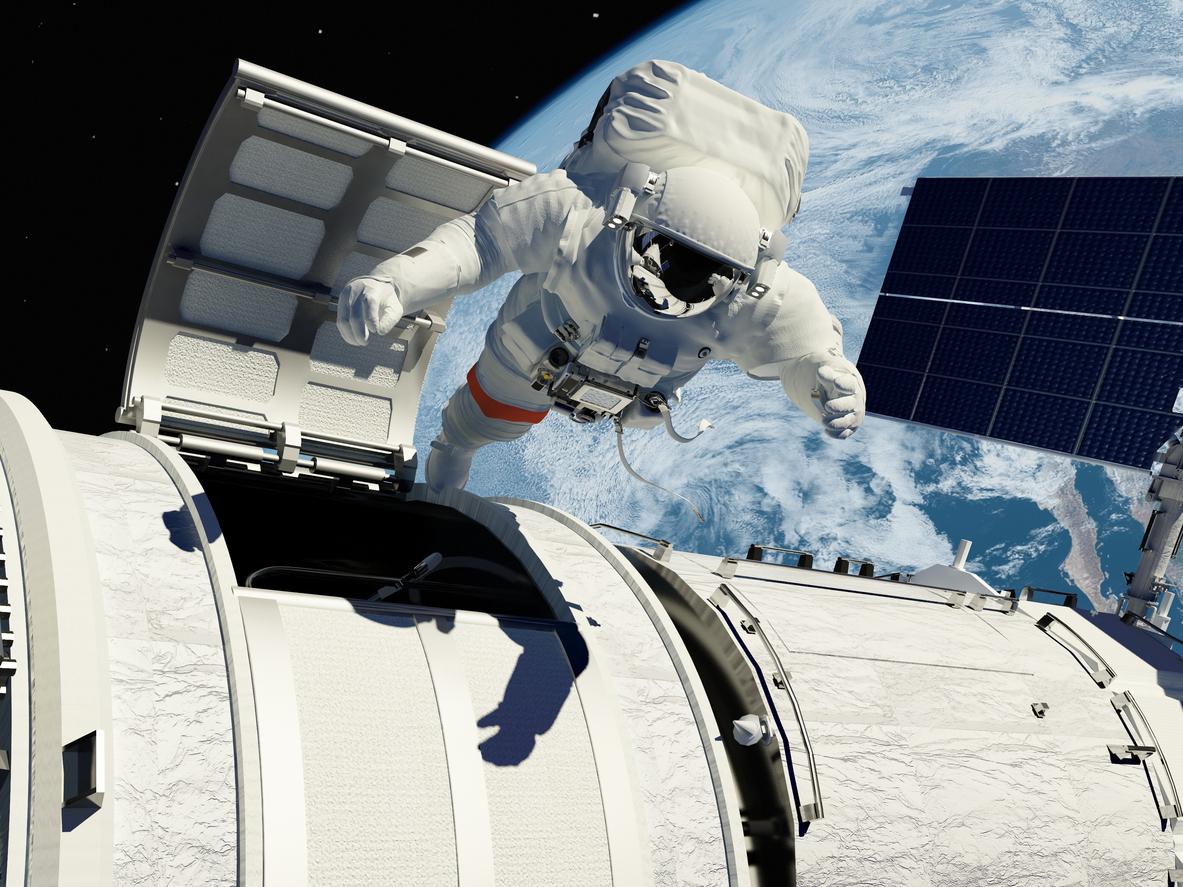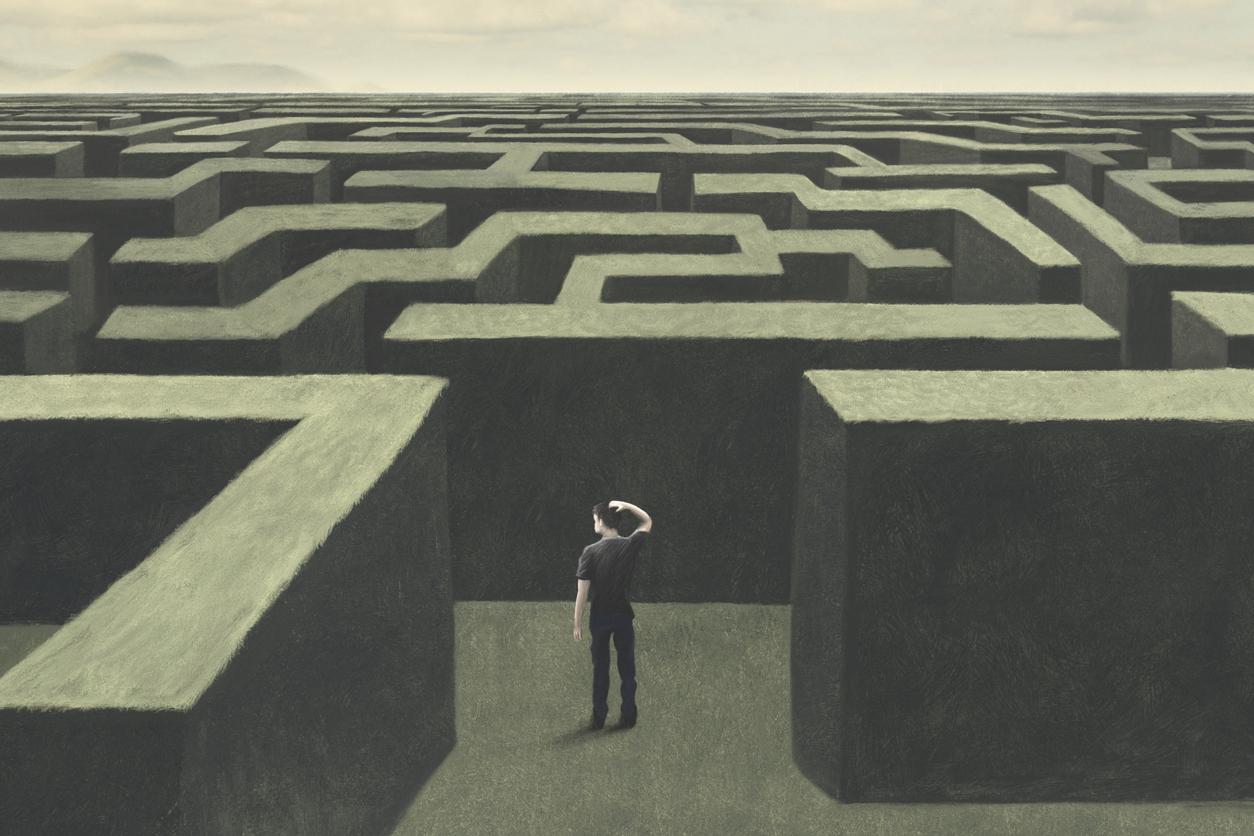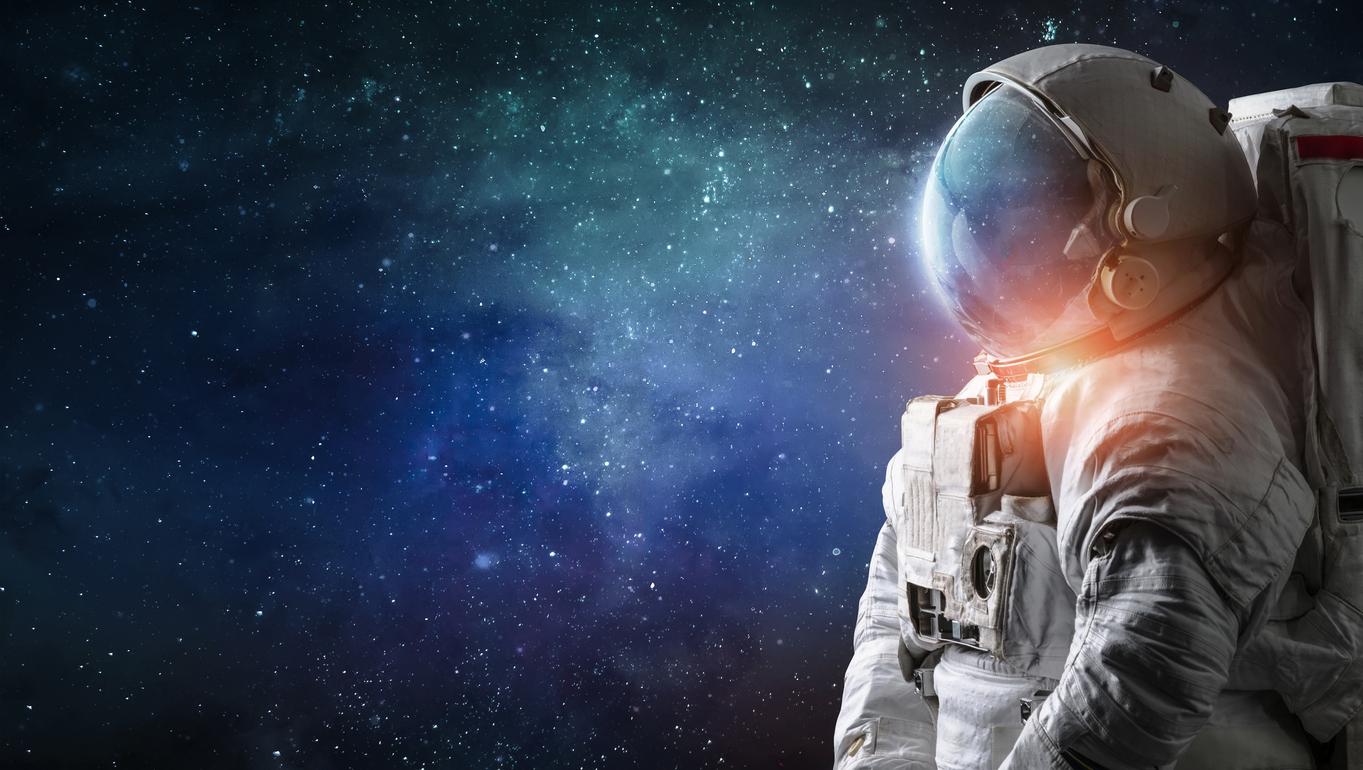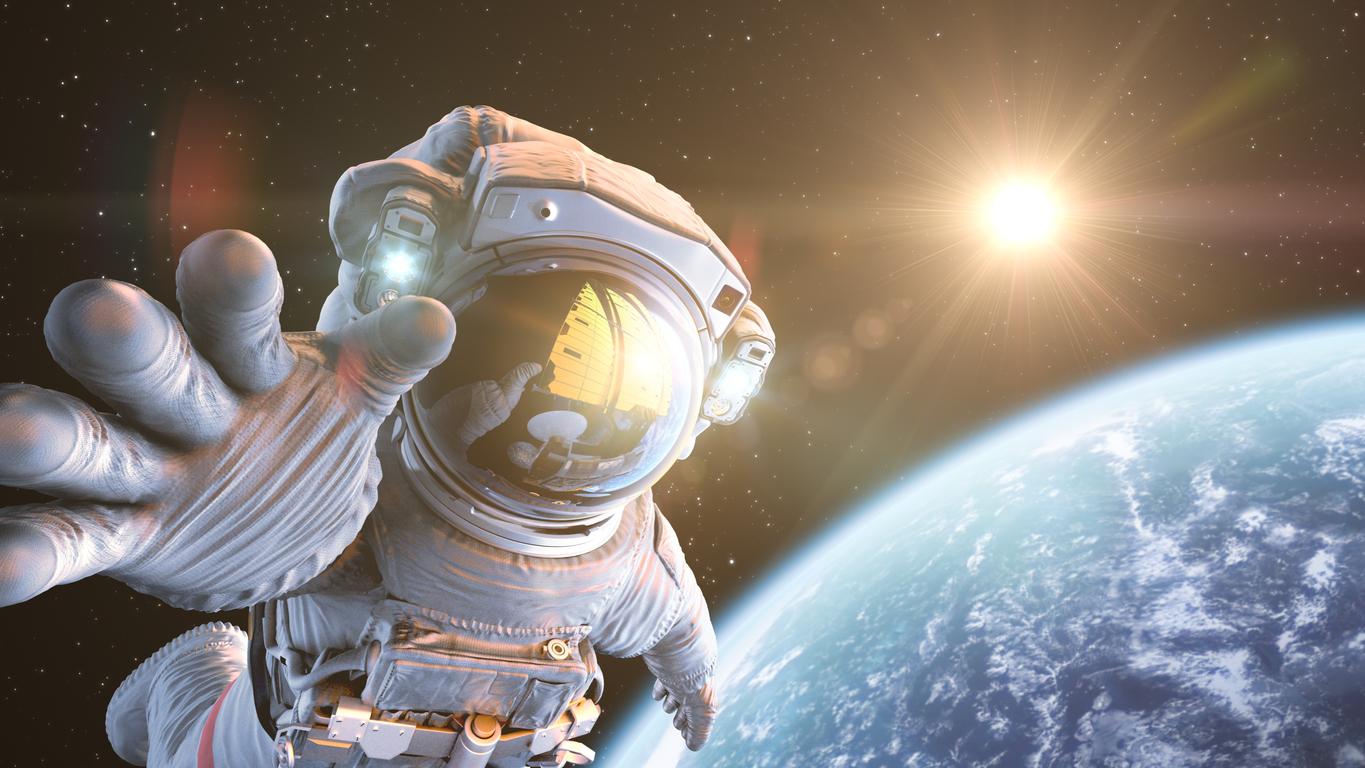According to a new study, it is microgravity that reduces the immune responses of certain cells after space travel and thus makes astronauts more susceptible to illnesses and infections when they return to Earth.
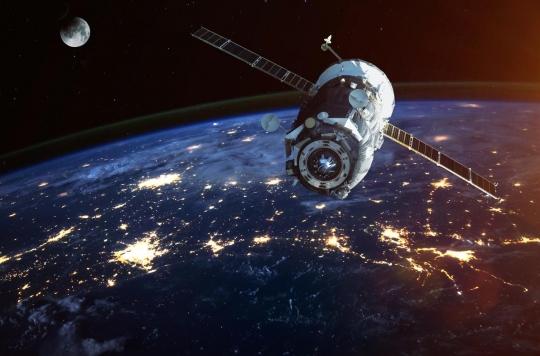
- Back on Earth, space travelers are often more susceptible to viral infections and easily fall ill.
- The microgravity of space weakens the immune system: regulatory T cells, which normally reduce immune responses when infection no longer threatens, suppress the immune response in microgravity.
- This discovery challenges space medicine as space flights for tourism purposes will open up in the coming years, during which subjects who are older and in less good physical condition than astronauts, will be able to travel in space.
After Elon Musk’s project to send the first astronauts to Mars in 2026, another billionaire is planning to go into space this time. On July 20, Jeff Bezos, boss of Amazon, will board a rocket for the first space tourism trip. At his side in the capsule, his brother Mark, and an auction winner for the third ticket. The takeoff will be vertical, and the capsule will separate from the rocket at a height of 75 km, before continuing its trajectory up to an altitude of 100 km.
A feat made possible by the space company Blue Origin, founded by the CEO of Amazon himself. Just like Elon Musk, Jeff Bezos wants to take his part in space tourism. But if the two billionaires have the funds and the technology necessary to carry out their great project, however, a question arises: what effects will these space trips have on travelers?
An effect of microgravity
Several studies have already addressed the issue, highlighting the neuroanatomical changes during long space flights. Returning from their mission, many astronauts suffer from inner ear disorders, cardiac arrhythmias, hypotension, dehydration and loss of calcium in their bones. After the Apollo missions, more than half of the astronauts also suffered from colds or other viral infections such as chicken pox within days of returning to Earth.
Until now, these effects had remained mysterious. But a new study published in Scientific Reports, finally explains why low gravity, called “microgravity”, seems to affect the immune system of space travelers. Led by one of the first female astronauts, Millie Hughes-Fulford, it shows that the weakening of astronauts’ immune systems during space travel is likely due in part to the abnormal activation of immune cells called regulatory T cells (Tregs). .
A suppression of the immune response
Tregs are normally triggered to reduce immune responses when infection is no longer threatening and are important regulators of immune responses in disease. Under microgravity conditions, however, researchers saw changes in Tregs that primed them to get to work even before the immune system was challenged. When they stimulated an immune response in human immune cells from blood samples in microgravity, with a chemical often used in research to mimic a pathogen, they found that Tregs helped suppress the triggered immune response. .
For Dr. Jordan Spats, co-lead author of the study after the death of Millie Hughes-Fulford, tourist space travel will pose a real challenge to space medicine. “With the commercialization of spaceflight, there will be many more older, less healthy individuals experiencing microgravity. From a space medicine perspective, we find that microgravity has many effects adverse effects on the human body, and we hope to gain the ability to mitigate some of the effects of microgravity during space travel.”
A weaker T cell response
Previous research by Professor Hughes-Fulford on the effects of microgravity on the immune system had also shown that in space, immune system T cells have a weaker response. However, these cells have an essential dual function: that of directly attacking specific pathogens, but also of helping to orchestrate the immune response.
“It’s a double whammy, said Brice Gaudilliere, associate professor in the Department of Anesthesia at Stanford University School of Medicine. There is an attenuation of T cell immune activation responses, but also an exacerbation of Treg immunosuppressive responses.” The researchers also found that “natural killer” lymphocytes were less active in simulated microgravity, while antibody-producing B cells appeared unaffected.








